Female Mechanic Workshop
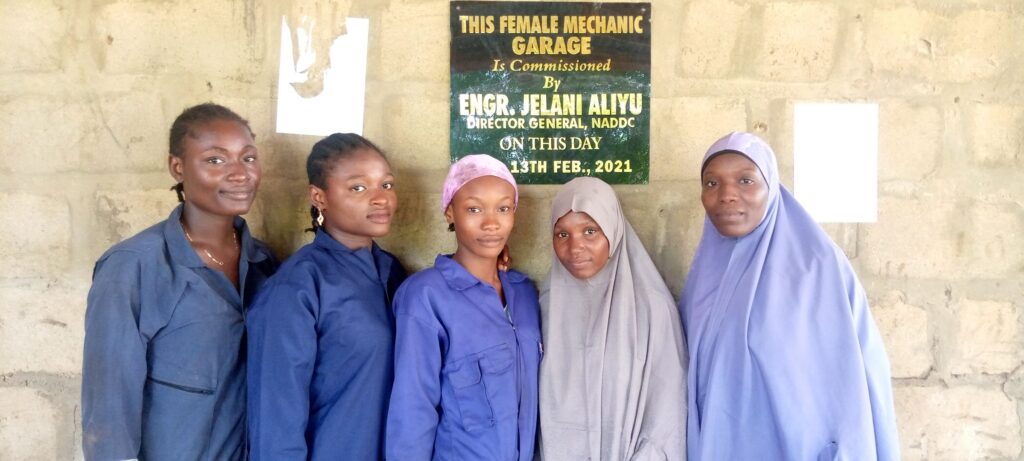
Background
The northern part of Nigeria is experiencing two social changes: (1) Career women and students in high institutions are becoming car owners. When the car needs repair, the women depend on the male because the auto-mechanic garage is a man’s space. Rarely do women study Engineering. and (2) The family social security supporting vulnerable women is collapsing. Traditional petty businesses that women conduct at home are inadequate to cater for a widow with children to feed and pay school expenses.
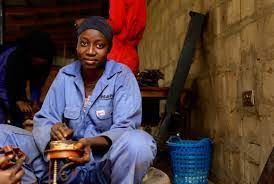
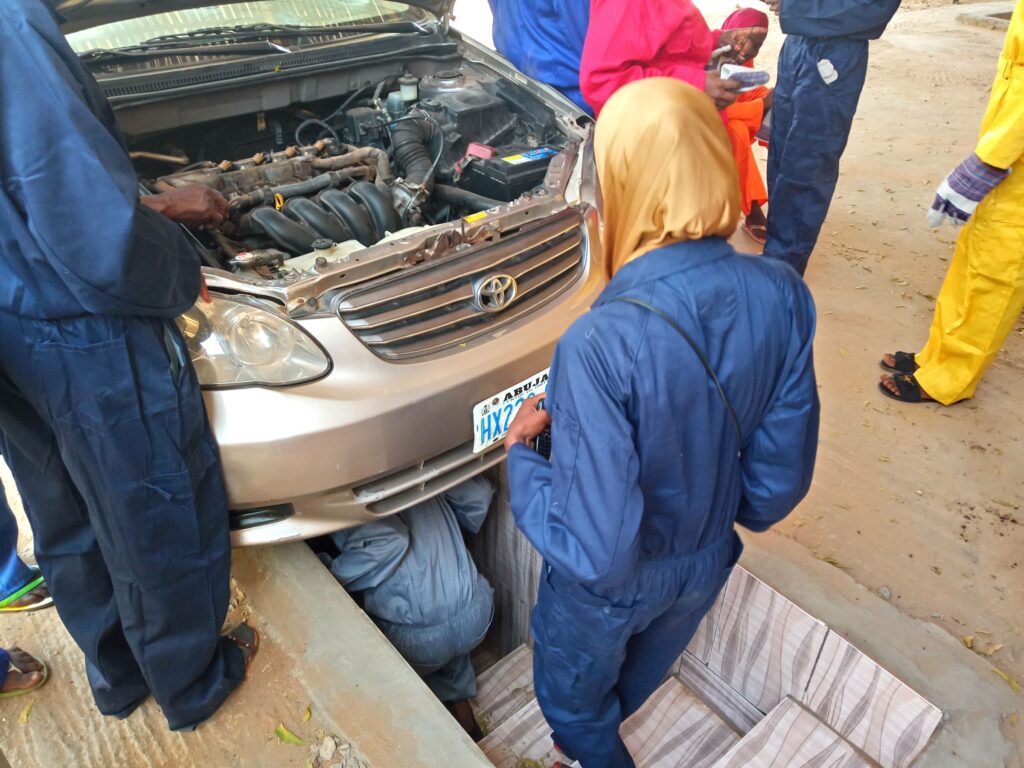
The need to think outside the box becomes imperative. Nana provides training and tools to women to become mechanics to service women car owners by making the auto-mechanic business women-friendly and ‘legitimate’ for women, working with religious leaders and government institutions. Nana has secured land and is in consultation with three institutions. The Institutions will provide the training, and send students for internship and Nana will provide the space, and the tools and mobilize women and Islamic scholars.
The project will:
- Break the gender stereotype that makes car repairs exclusively for men.
- Create job opportunities and provide income to women.
- Establish an auto repair workshop that is women-friendly and to service women.
- Provide an internship platform for women in engineering courses
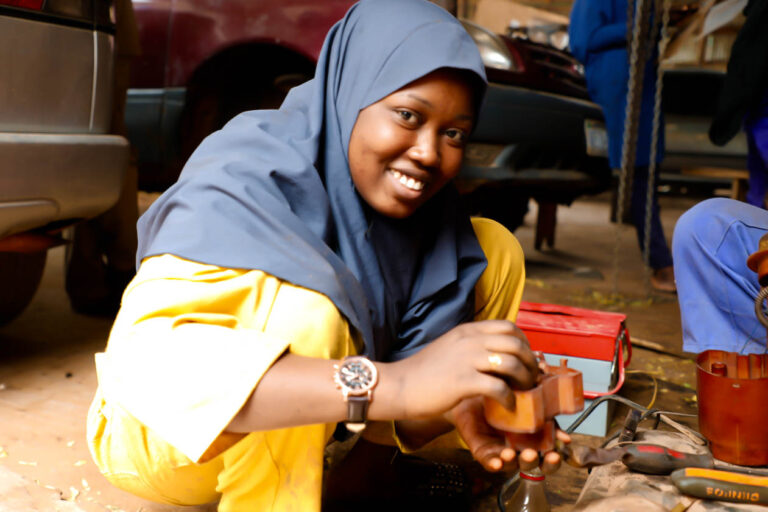
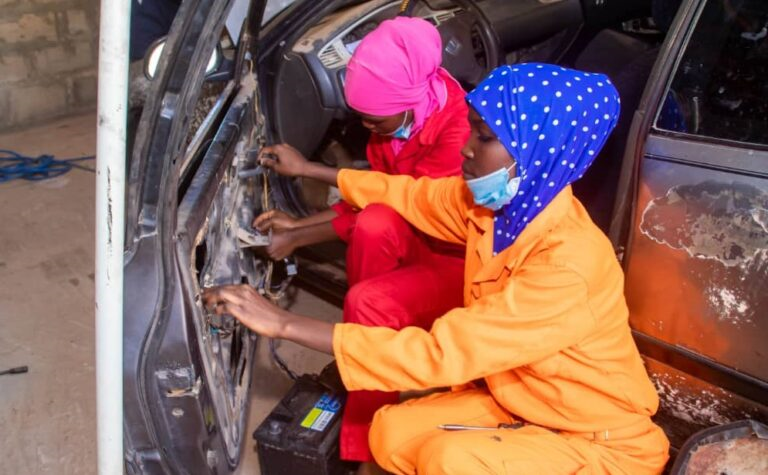
Successes Recorded
Challenges
- Female mechanics can disassemble, assemble, and repair car horns, car lights, brake, and suspension system
- Female mechanics can now use laptops to conduct research online and use Microsoft Office for presentations
- Successful launch of a female mechanic garage, the first of its kind in Sokoto state
- Female mechanic garage has started providing additional services like selling car spare parts
- Unavailability of female-friendly or modern tools
- Dropout of female mechanic students
- Low patronage of car owners
- Unavailability of qualified teachers
